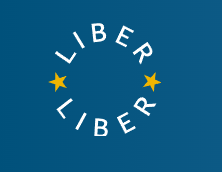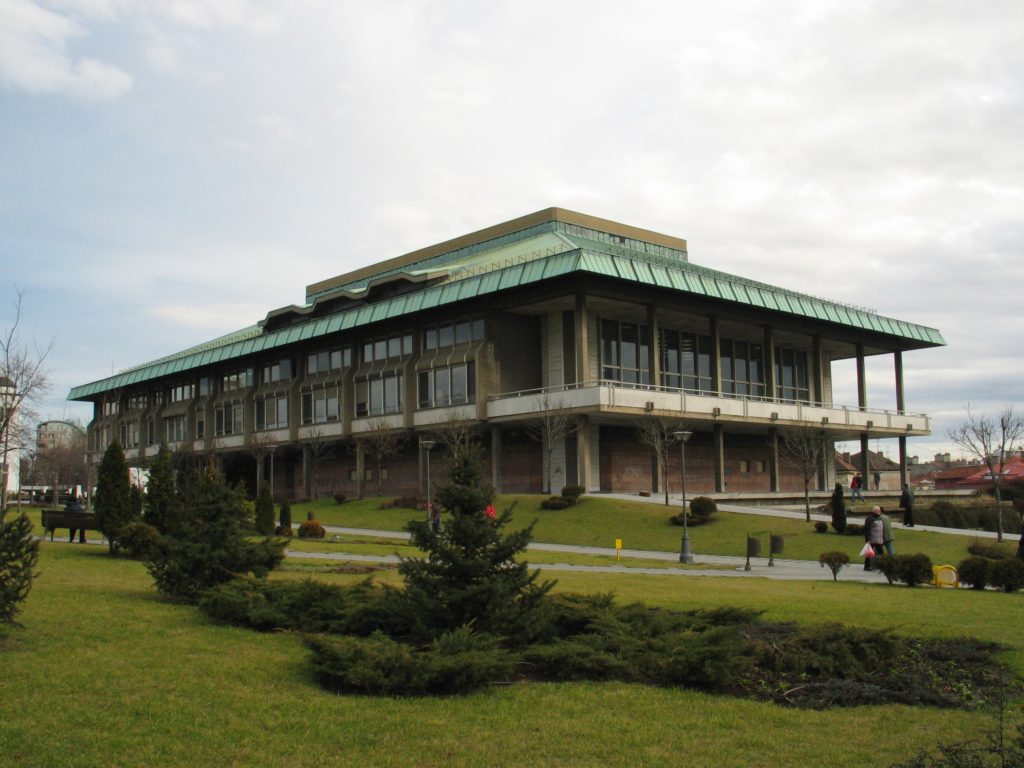LIBER (Ligue des bibliothèques européennes de recherche) the Association of European Research Libraries, was established in 1971 under the auspices of the Council of Europe as an association of the most significant European research libraries. It was initiated by a small and dedicated group of European librarians whose aim was to provide European national and university research libraries with a distinctive and persuasive voice in the international library community. The name LIBER was chosen symbolically, evoking both books and freedom.
In the years following its establishment, the association’s growth reflected the political changes in Europe. The collapse of communism in the late 1980s led to new connections between libraries and scientists. This renewal of contact between library professionals across Europe laid the foundation for a robust research network that exists today.
In 2009, LIBER became a foundation under Dutch law with its registered headquarters in The Hague, Netherlands. Since then, its scope of activities has significantly expanded, involving participation in numerous funded projects and high-profile lobbying on issues pertinent to research libraries, such as text and data mining research and copyright reform.
Since 1972, LIBER has been publishing the Liber Quarterly journal. The mission of LIBER encompasses several key areas:
- providing an information infrastructure to ensure that research within the LIBER network reaches world-class standards;
- enhancing user experiences within the LIBER network, enriched with content and services that LIBER can offer;
- *promoting and advocating for European libraries in all European and national forums where the voice of LIBER needs to be heard;
- developing library and information professionals who are innovative and capable of providing leadership to LIBER in the national and international library community.
LIBER hosts an annual conference for its members and operates numerous working groups that focus on critical areas of work beneficial to the research library community. These groups are open for participation to everyone working within the member libraries. Tamara Butigan Vučaj has been a longstanding member of the Working Group on Digital Literacy and Digital Cultural Heritage Collections, representing the National Library of Serbia.
The LIBER network consists of more than 420 national and university libraries. The National Library of Serbia has been a member of this esteemed library association since 2003.
From the LIBER website:
“For nearly 50 years, we have worked together to meet our mission of Enabling World Class Research. We do this by representing the interests of our institutions, their universities and their researchers in several key areas.
Some 420+ national, university and other libraries are part of LIBER and our wider network includes goal-oriented partnerships with other organisations in Europe and beyond.
Our 2023-2027 Strategy outlines our main areas of focus, including key topics such as Copyright Reform, Digital Humanities, Open Access, and Research Data Management.
The Strategy is executed thanks to the dedication of the hundreds of volunteers who serve on our Executive Board, Steering Committees and Working Groups. Our participation in international projects is also key to the execution of our Strategy.
Every year, our community comes together at our Annual Conference — a major event for research library professionals from around the world.
As an association, we value Collaboration and Inclusivity. We have six main aims:
- high-quality services for all users of library and information services
- intellectual freedom and access to scholarship
- collaboration with campus, local, national, European and global partners
- stewardship of collections and institutional resources, in the most appropriate format
- leadership, innovation and a willingness to embrace opportunities for change
- inclusivity, equality of opportunity and fulfilment of potential”.


